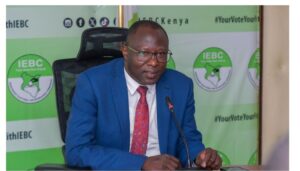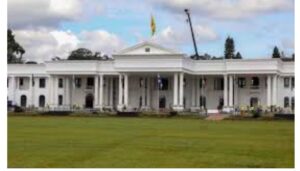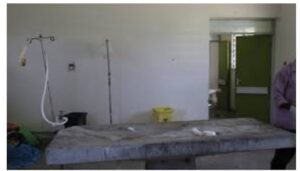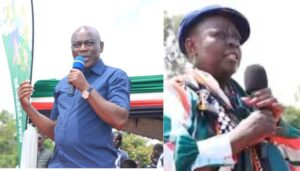Namibia new president announces free higher education
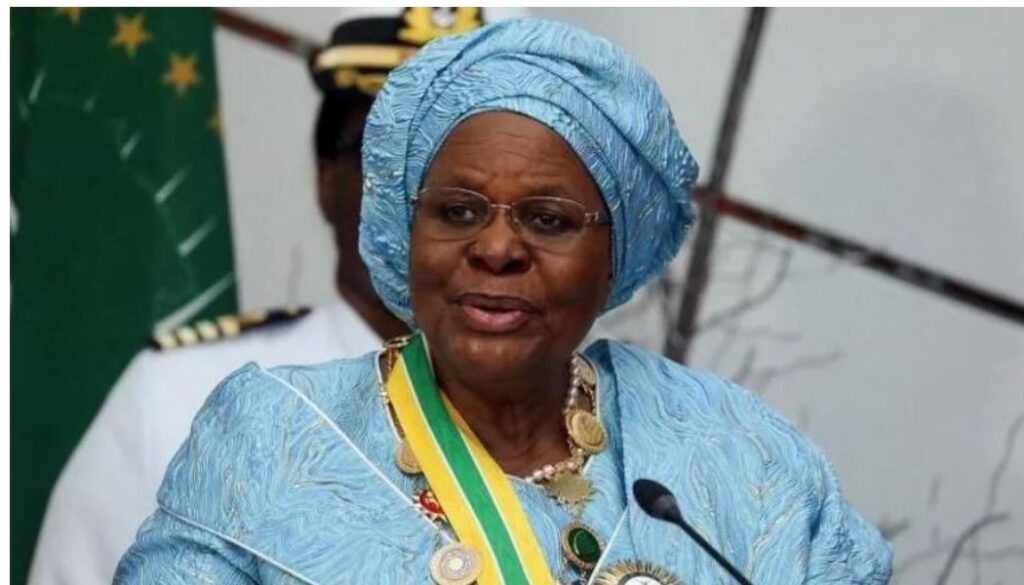
Namibia new president announces free higher education
Namibia new president has announced that university fees will be scrapped from 2026.
President Netumbo Nandi-Ndaitwah, the country’s first female president, made the announcement during her maiden state of the nation address on Thursday evening.
Addressing lawmakers, Nandi-Ndaitwah said that students would pay “no registration [or] tuition fees” at all public universities and technical colleges.
However, she said there would not be “significant” extra funding, raising questions about the scheme’s feasibility.
Nandi-Ndaitwah said free university education would be phased in gradually and that the only “contribution as families and students for now will be towards accommodation and other related costs”.
“We have heard your cries: ‘the Fees have Fallen’,” she said, a reference to previous demands by university students in Namibia, as well as neighbouring South Africa.
She said the money would come from the subsidies already given to some of the country’s public universities and the money allocated to the student financial assistance fund.
“If we are going to add, we are not going to add a significant [amount of funds],” she said.
Primary and secondary education is already free in all the country’s public schools.
Former CS Mithika Linturi accuses Ruto of being a dictator
Senator Khalwale slams Raila for double-dealing in Kenyan politics
Government announces crackdown on betting firms
Government responds to reports on investigating Gachagua, Muturi over secrecy breach
SHA responds to TSC’s claim of locking out 360,000 teachers
KDF officer arrested after mysterious death of his girlfriend in Kitengela
While some student organisations welcomed Nandi-Ndaitwah’s announcement, others have criticised it as unfeasible and vague.
One of these is the Affirmative Repositioning Student Command (ARSC), which said it was just an attention-seeking ploy by the Namibian government.
“There is no plan, it is just a confused announcement which raises [the] question of what [Nandi-Ndaitwah] means by tertiary education,” the organisation told the BBC.
Elaborating, the ARSC questioned which students would benefit – post-graduates or only undergraduates – as well as where the funding would come from.
This echoed sentiments expressed by Tannen Groenewald, an economist who spoke to local news site the Windhoek Observer.
He suggested that scrapping fees without providing extra funding could lead to student numbers being capped.
He also speculated that it may eventually only apply to students from low-income households.
This is what happened in neighbouring South Africa.
In 2017, the government gave in to calls for tertiary education fees to be scrapped which were made during what was known as the #FeesMustFall protests – but only a small number of students benefited.
It has since been criticised as being too restrictive because as the so-called “missing middle”, were excluded – those considered too wealthy to qualify for financial aid but who struggle to afford tuition fees.
Suspected chemical blast at Iran’s Bandar Abbas port kills at least 18, injures more than 700
CS Murkomen hit out Uhuru Kenyatta over his message to youth
ODM MP slams President Ruto for following Wetang’ula to Vatican
US official gives update on construction of Nairobi-Mombasa Expressway
Atwoli; I’ll soon leave Cotu, you’ll realise something is amiss in labour movement
Engineers decry corruption in Nairobi County development approvals
Follow us

